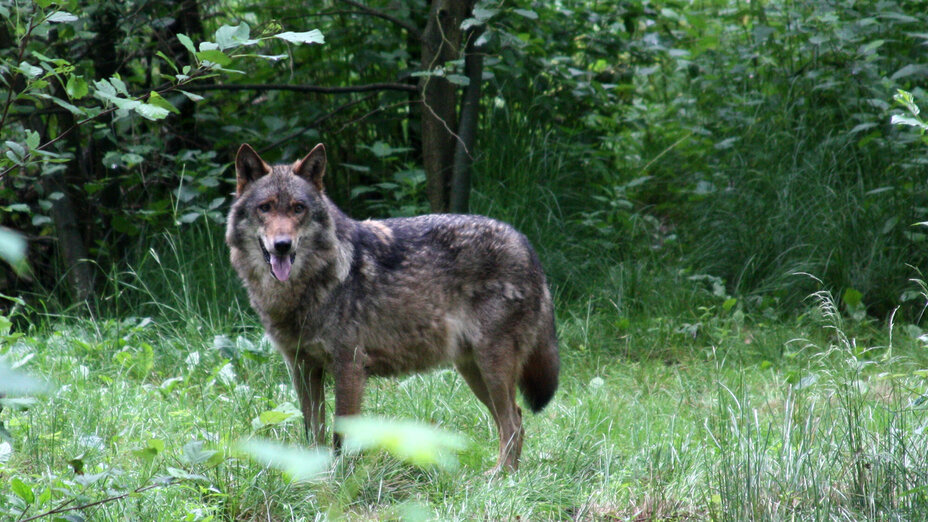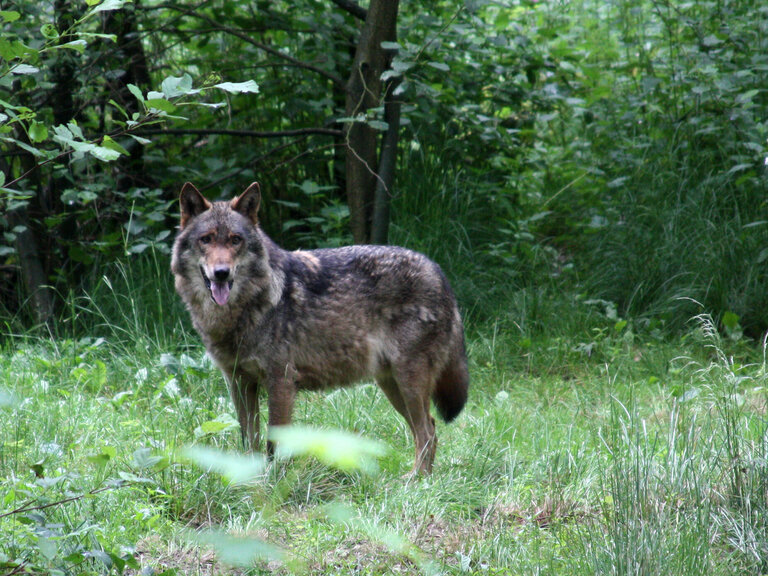After the majority of EU countries voted in favor of lowering the protection status of wolves under the Bern Convention and thus simplifying the hunting of wolves, the German Animal Welfare Federation is clearly critical of Germany's position. The majority only came about through a fundamental change of course by the German government. The animal rights activists warn that the EU is now taking exactly the wrong path: not more shooting, but sensible herd protection measures are the key to long-term coexistence between grazing animals, wolves and humans.
“This vote is deeply disappointing. The fact that Steffi Lemke, of all people, a Green Environment Minister, has caved in to the crude and technically unfounded scaremongering of conservative lobby groups and paved the way for killing as a supposed solution is particularly staggering,” commented James Brückner, Head of the Species Protection Department at the German Animal Welfare Association. “In the midst of the global biodiversity crisis, it is more urgent than ever for the EU to be guided in its decisions by prudence and expertise. The return of the wolf is a great success for species conservation, for which the high protection status was largely responsible. To now turn back the clock because accompanying management measures to protect grazing animals were neglected would be an indictment.”
ANIMAL WELFARE-ORIENTED COEXISTENCE INSTEAD OF CULLING
According to a data analysis on the wolf population presented by the EU Commission itself, various measures have proven to be effective in preventing predation on grazing animals - but these are still not being applied sufficiently in many places. Lowering the protection status from “strictly protected” to “protected” and the associated increased interventions in the wolf population, on the other hand, do not necessarily lead to a reduction in grazing animal kills, as scientific studies show. The result of the vote is also not in line with the will of EU citizens: according to a survey of the rural population in nine member states from November 2023, a clear majority of them want to maintain legal protection for wolves and support peaceful coexistence*.
WOLVES MUST NOT BECOME A PRECEDENT
While the EU Commission's proposal, on which the member states have voted, still has to be submitted to the Standing Committee of the Bern Convention, voices are already being raised to lower the standard of protection for other species, such as beavers, cormorants, rooks and otters. The German Animal Welfare Association is appalled. “It is still possible to prevent this vote from becoming a precedent,” says Brückner. “We expect the EU, and Germany in particular, not to jeopardize the hard-won successes of nature conservation in Europe.” The next meeting of the Standing Committee is scheduled for December 2024.








